Description
The England Grant of $2500 may be available for qualifying families.
Individualized grant funding for qualifying families may be available through our President’s Grant. Contact us for more details!
***UPDATE***
We are pleased to have received new information about Mario. Mario was born March of 2013 and is diagnosed with Prader-Wili congenital anomaly syndrome, mainly related to short stature.
Mario eats general food with limited carbohydrate intake. Food makes him happy. (characteristic of the syndrome). He eats independently and cleanly, both with utensils and with his hands. He drinks alone from a cup as well as from a bottle. He knows how to use a napkin. The staff tries to control the amount of food the child takes (because of the syndrome) and especially what he scoops up.
This passion for food is held to his underlying illness, Prader-Willi syndrome. Therefore, they constantly monitor his weight, watch what food they give him. He regularly goes for endocrinological check-ups and according to the doctor’s prescription, he is injected daily with growth hormone (again related to Prader-Willi syndrome) and is monitored periodically. At this stage they feed him more often but less food.
He loves the water and has no problems with bathing. He is not fully in control of his physiological needs. He is in a diaper. If he decides to, he can have control by showing a greater need. He can and in principle he can have a control. If he decides, he mostly shows a greater need. According to the staff, after a lot of insistence and constant work with the child, he can learn to brush his teeth on his own.
According to information from the staff, among his favorite subjects are the advertising brochures of the large chain stores, and there he definitely shows a preference for looking at the food products. He definitely likes to listen to music (and children’s songs) and often for a long time. The music seems to calm him down. He recognizes melodies. He tries to dance to certain songs and with encouragement can perform some specific movements. .
The new toys failed to hold his attention for long, although he briefly played with the magic board and one or two of the smaller toys. He gets distracted quickly and often needs to be reminded to concentrate. For some time they have been working with the boy on nesting elements on a wooden board with numbers and characters. He is doing great now. He can also arrange a wooden puzzle with a family of bears, whose clothes, facial expressions, etc. can be changed. Unfortunately, during our contact and despite the presence of such a puzzle, he showed short-lived interest and was unable to cope. Rather, he was constantly on the move, eager to get my attention, and unable to focus long enough. He was able to arrange soft items on top of each other, then tried to put them back in place, but the arrangement left something to be desired. It happened more than once that he played with a particular toy, but often instead of looking at what he was doing, he looked at me.
Mario speaks only a few words. Most of the time he compensates for the lack of verbal communication with a non-verbal action by using sounds, his hands, and body position and facial expressions. The doctors in general are surprised that in recent years his vocabulary has not increased, but on the other hand, the boy is not being worked with purposefully, systematically and constantly, and there is a lack of any specialists in the Center, with the exception of the nurse. Again, here, as in other similar places, there is no emphasis on non-verbal communication, which in his case would have been extremely helpful. He can show body parts – such as face, mouth, eyes, ears, belly. He does hello as well as bye. High fives.
When happy, Mario is quite emotional and often expresses this with a sharp scream and a very eloquent facial expression.Mario is very loving and affectionate but after a short hug, he is liable to start squeezing, pulling, etc. He can get upset easily if his advertising magazines are taken away from him! Deprivation of food also upsets him! As in such situations, he can fall into a crisis (screams, lies on the floor). According to information from the nurse, in such situations, it is better not to pay attention to him and he calms down in a relatively short time. If someone is trying to force him to calm down by hugging and interfering with him the cries and mood last longer.
Mario follows short instructions, but if he gets distracted, sometimes a repeat is necessary! His concentration does not hold for a long time and his attention is generally unstable. He quickly switches from one activity to another. He likes to be the center of attention, and if there are a lot of people in the room, it is difficult to get his attention and get him to do something.
Mario does not show autoaggression. There are known aggressive manifestations (plucking, biting, scratching), but in the nurse’s opinion, they are rather a plea for attention. Again, the child is worked with so irregularly that there is no chance for any real and lasting effect and for him to be able to control such reactions.
Mario often has a midday nap. In principle, his sleep is good and sound. Sometimes when falling asleep he tries to manipulate the staff. He knows them well and tries to influence them.
He tries to communicate with other children and join their group but unfortunately, he comes across as attacking and therefore the other children do not wish to be with him. He is curious and easily enters in contact with strangers.
Now, excluding the growth hormone, Mario does not take any other supplements or drugs! The work with specialists (speech therapist, psychologist, occupational therapist) is episodic and hourly, and for this purpose he visits a nearby Center for Social Rehabilitation and Integration. Mario is quite social. He loves car trips and it’s one of the few words he can say.
Personal impressions:
Mario is a little boy who needs a lot of love, patience, activities, understanding and attention. The lack of specialists in the social institution and unsystematic and irregular work with specialists in the Center for Social Development and Integration lead to a small, insignificant effect for him. There is alack of purposeful work on non-verbal communication. Mario needs a loving and extremely supportive family environment that would be able to provide him with lots of attention, hugs, stimulation and interaction. He also needs more adequate and targeted activities and care, and more individual activities with specialists. For more information contact kathy@wiaa.org. Grant funding is available for qualifying families.
Video from November 2023
****
Please meet sweet Mario. He was born March of 2013 and is diagnosed with Prader-Wili congenital anomaly syndrome, mainly related to short stature. He is delayed in neuropsychological development. Information from June, 2022 says the following:
Mario is an extremely sweet, energetic and calm child who has a high pain threshold. He receives treatment with growth hormone. Like any child, he likes to be the center of attention. He loves to cuddle and give air kisses. Mario does not speak but says words like “am-am”, “bye”, “car”, “hello”. He uses facial expressions and gestures to communicate. He has a big desire to communicate and has even invented his own gestures for different things – like bye, go to sleep, etc. We believe that he could learn sign language very fast if exposed to it and could communicate perfectly with it. He understands and executes commands from adults. He can identify food products – salami, ice cream, candy, cake, etc., recognizes drinks and shampoo for bathing. He points to his mouth, eyes, ears, arms and legs. He loves listening to music – he really likes the children’s birthday song and dances to it. He shows what they do on birthdays – how they sing Happy Birthday and blow out the candles. He can show what he does when he goes to the doctor – how he breathes and shows his throat. He shows and knows the parts of his body – like arms, legs, nose, ears, eyes, etc. He can hold a pen or pencil and scratch with them. He recognizes stickers and knows what to do with them. He can point out animals, cars and motorcycles. In the children’s book he shows Santa Claus and understands that this is who gives presents and hugs.
At the center, there is a practice of an older child being responsible for a younger child. A 20 year old woman is in charge of Mario and shares a room with him. She helps him wash his hands, get dressed and put on his shoes. Gradually, the Center has begun to teach him to be more independent and he can now dress himself. Mario sleeps in a bed without side rails and sometimes when he is not sleeping in the afternoon, he just sits in his room and looks at a magazine. Sometimes in the evening he does not wait for bedtime, but goes to his room alone and goes to sleep without a nightlight. In the morning he does gymnastics with the older children. Mario can eat alone with chopped food, drinks water from bottle. He does need regulating as he doesn’t know when he is no longer thirsty or satiated. He eats with the older children, knowing that there are three portions at lunch, and at dinner there are two. He will count the bowls and is angry if there are less than three at noon and two at the evening meal or if another child has a larger portion than his. He knows that prayer is said at dinner and he calmly and patiently waits for the older children to say it. Mario is still in diapers. They tried to wean him off but he will hold it when the diaper is off. He knows when he has had pooped in his diaper and tells the staff to change him.
Twice a week he goes to the Center for Social Rehabilitation and Integration where he works with a speech therapist, psychologist, and occupational therapist. They work with him on concentration. A social worker and a doctor work with him at the Center. He goes for a check-up every six months to check the syndrome and correct the dose of the drug if necessary. Our attorney believes Mario will thrive in a home with a Mom and Dad who have the love and time to help him grow. Could you be his family?
Video – June 2022
For more information, please contact: Kathy@wiaa.org. You will be asked to complete a parent eligibility form before any file information can be released.
Please be aware that children on our waiting list may be under review by multiple families. Additionally, a child’s availability status may change on short notice. Please contact Kathy@wiaa.org for the most up-to-date status of a child.
Disclaimer:
WIA is not responsible for the medical information summarized here. Medical information sent by other countries may be inaccurate or incomplete. Prospective Adoptive Parents reserve the right to have medical information evaluated by a medical professional in the United States.





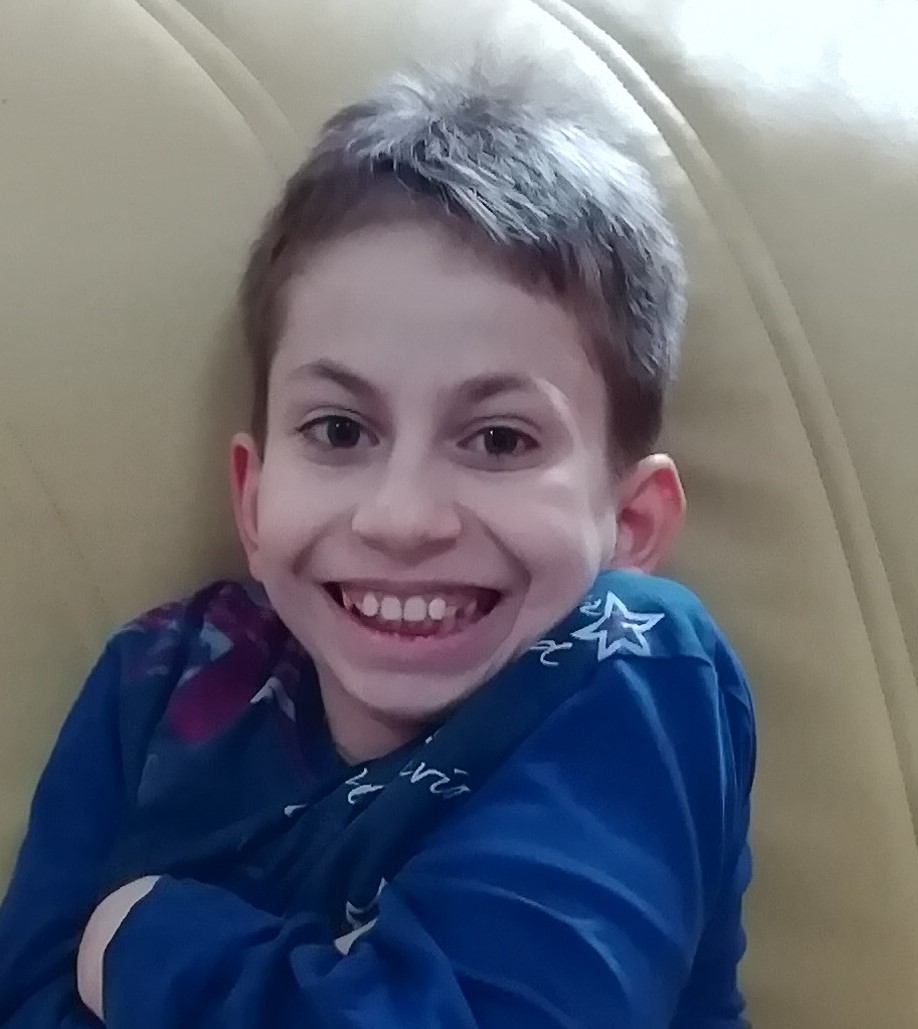
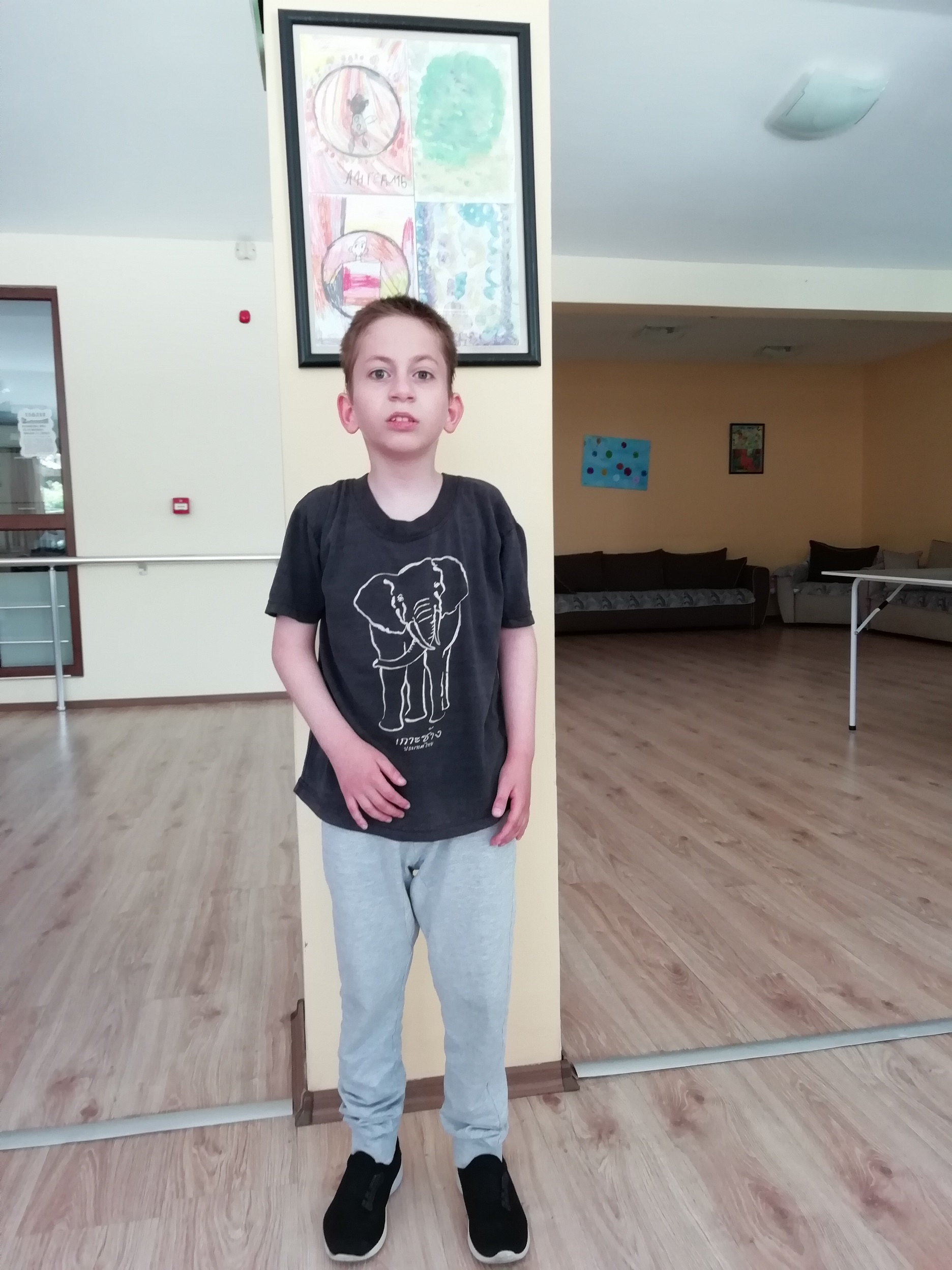
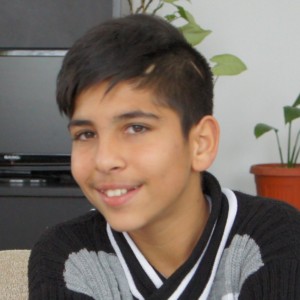
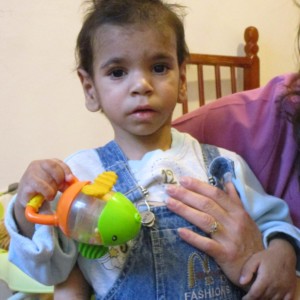

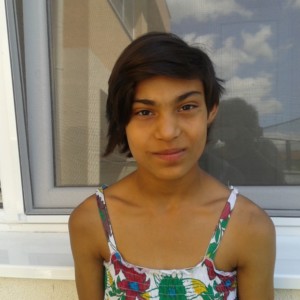
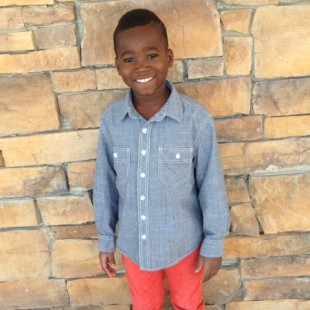
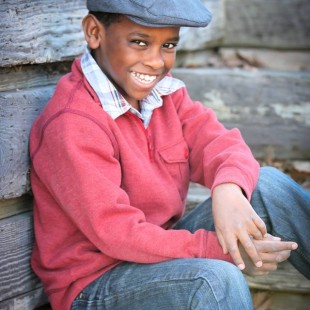

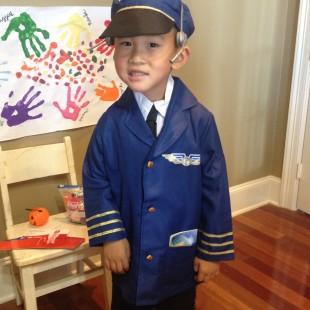
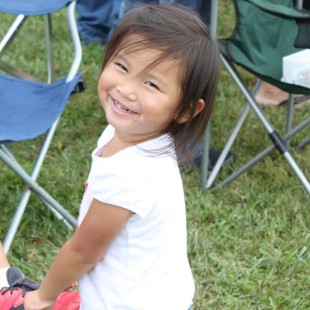
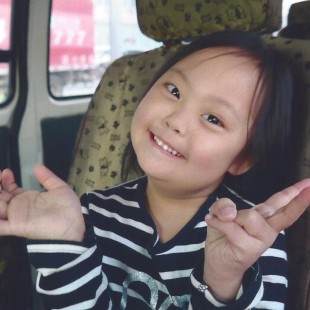
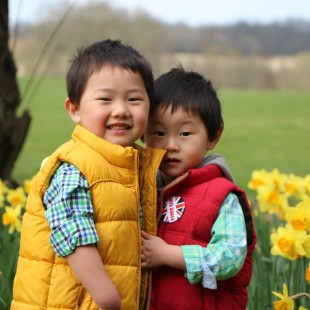
Leave a Reply